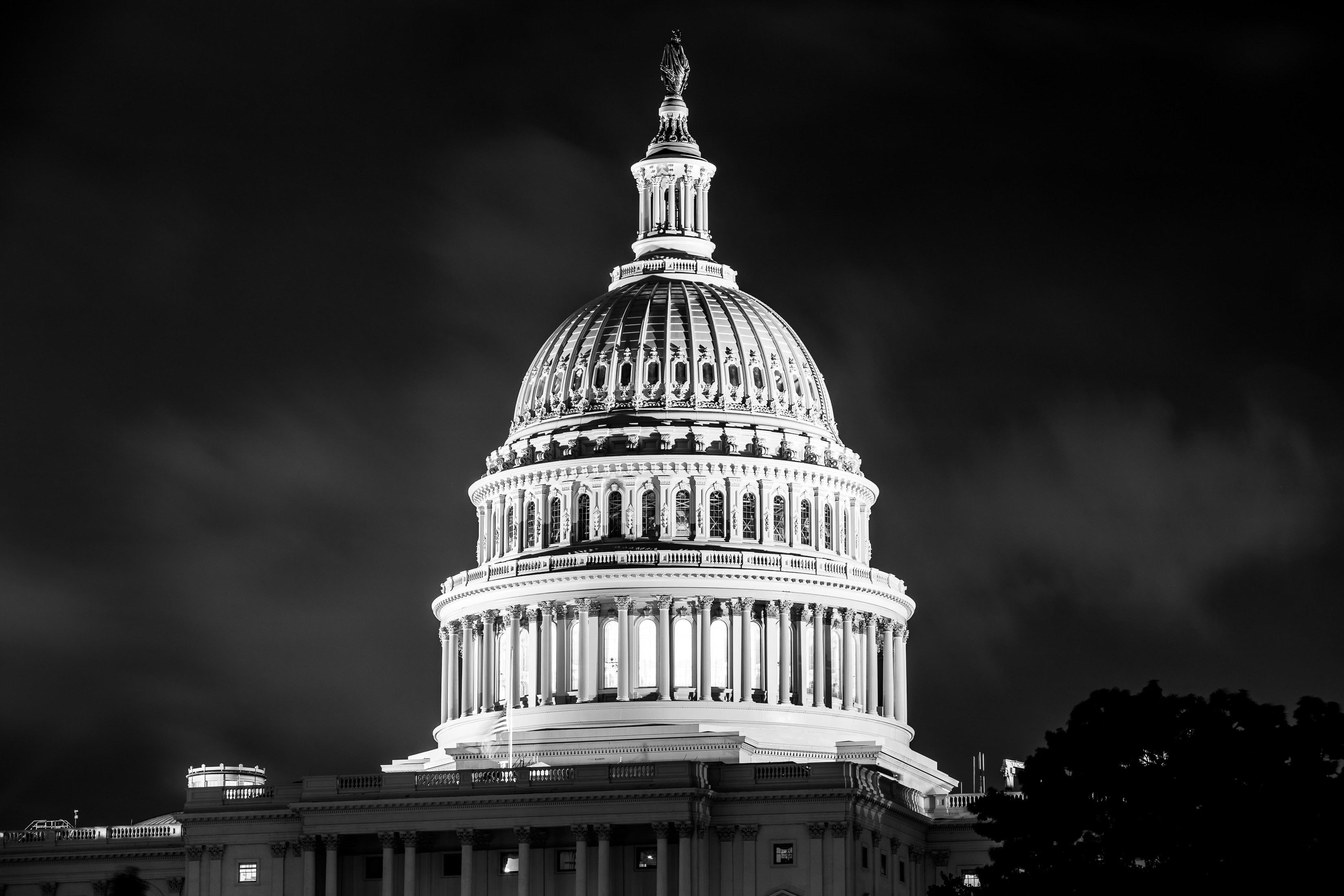The Oxygen and the Spark: Addressing Continued Risks of U.S. Political Violence

The Oxygen and the Spark: Addressing Continued Risks of U.S. Political Violence
The paradox of prevention: if you succeed, you get no credit, if you fail, you’re lambasted for not doing more. Another thing about prevention – as evidenced by the events at the capitol earlier this month – the work to prevent violence does not stop. In the lead up to President Biden’s inauguration yesterday, recognizing this imperative is more important than ever.
The November election and the uncertain week that followed were largely violence-free due to the efforts of local election officials, journalists, community organizers, and Americans exercising their right to vote. Given the relative quiet, various experts debated whether attention should continue to be placed on addressing risks of violence or rather whether the nation could “move on.” Optimism is a powerful human emotion. But the problem with a Pandora’s box is that one cannot simply wrap a bow around it.
The violence perpetrated at the U.S. Capitol on January 6 proves this point. Perhaps lulled into a false sense of security by low levels of election-related violence, coupled with an administration loath to take measures against its supporters, a prevention-oriented plan was precisely what was lacking on January 6th. Despite repeated warnings and tracking by online groups about the threat of violence, the Capitol Police were seemingly unprepared for the onslaught of people who descended on the Capitol after receiving direct encouragement by the President. The warnings of how bad the January 6th protests could have been either were not taken seriously enough or were willfully ignored by those in positions of leadership willing to look the other way so long as it supported Trump’s egomaniacal whims of fancy.
The take-over and desecration of the U.S. Capitol on January 6 require us to recommit to addressing the fault lines running across our country. There are, very broadly speaking, two segments to contend with: an extreme fringe element that is willing to use violence and a broad swath of the Republican Party that increasingly does not trust the media and is sympathetic to accusations being lodged against those on the left. While perhaps not overtly violent, the latter group gives oxygen to the former and must, therefore, be included in any efforts to address our increasingly volatile landscape.
Factors that precipitate mass violence include growing inter-group distrust, hardening and inflexible attitudes, and, crucially, a shift towards accepting violence as justified to enforce your side’s worldview. Even if the majority do not take up arms, calcifying divides will give oxygen to the individuals who are. When violence is further metabolized by leaders as acceptable in light of heightening political stakes, fuel is added to the fire. The lionization of Kyle Rittenhouse, including by elected Republicans, is case in point of this frightening dynamic.
According to one poll taken shortly after the election as many as 77% of Republicans doubted the legitimacy of the election, believing Biden to have won due to fraud. The very intentional work of sowing doubt that preceded this election has clearly paid off in terms of influencing people’s opinions. Sustained effort will be required to restore faith in institutions and address our increasingly polarized information bubbles. As Alex Stamos, Director of the Stanford Internet Observatory, has warned, “This is the most intense online disinformation event in U.S. history and the pace of what we have found has only accelerated since [Election Day].”
This disinformation, much of it steeped in demagogic references to Nazism, is feeding and being fed by a growing fringe. This fringe is growing, armed, and violent. For those who categorically reject a common humanity, who do not aspire to equality, a different kind of action is required.
These actors must be met with a coordinated, urgent government response. Federal law enforcement, led by the FBI, must commit to tracking and regularly sharing information with local officials. Those who breached the U.S. Capitol assuming a level of impunity must – to the extent possible – be prosecuted. Police departments must make a concerted effort to recognize the threat posed by those advocating a violent resolution to America’s partisan divisions. Crucial to this will be police departments proactively rooting out individuals within their ranks who demonstrate solidarity with these groups. This is particularly important given the long history of law enforcement accommodation of, and active support for, violent white supremacist groups.
As we approach January 20th, state capitals across the U.S. are bracing for more potential violence. In D.C., with a week to go until inauguration, the Capitol Building is swarming with National Guardsmen, with a show of force that currently surpasses U.S. military in the primary areas of operation under the Global War on Terror.
Experts’ predictions of electoral and political violence have come home to roost, and it is up to us to take these threats seriously and act quickly. To prevent more violence requires both addressing individuals committing violence and those giving them space, backing and support. Five people are dead as a result of the chaos in the Capitol. Violence is here. It has been here.
To prevent violence is to heal our country – regardless of our political beliefs – the time to act is now.
__________________________
Rachel Locke is Director of Impact:Peace at the Kroc Institute for Peace and Justice, University of San Diego. She has written previously on the risks of violence associated with current US political dynamics.
About the Author
Rachel Locke is Director of the Violence, Inequality and Power (VIP) Lab at the Kroc Institute for Peace and Justice, University of San Diego.





